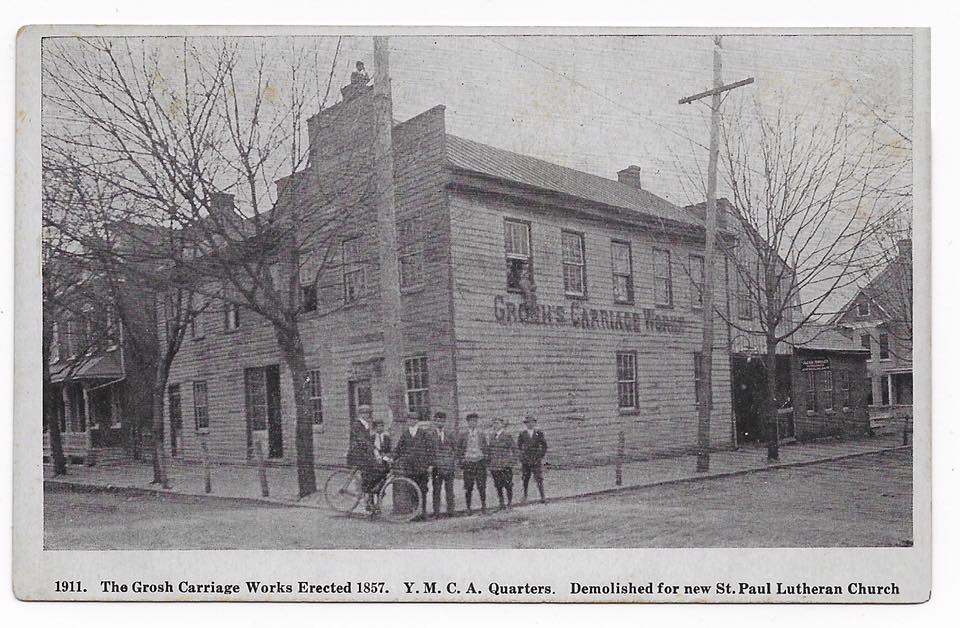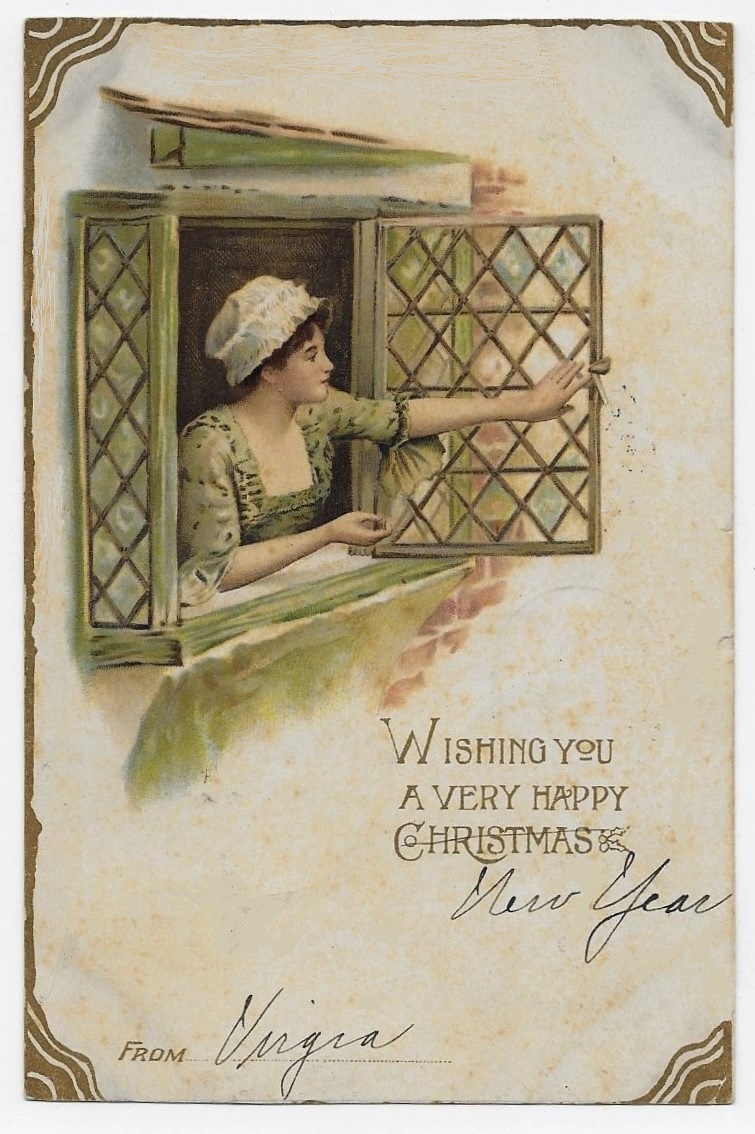One may forget, at times, that many towns and cities grew up with businesses and industries that no longer exist.
Sometimes, the loss of industry was due to relocation – as the mass exodus of textile and furniture factories from New England and upstate New York in the late 19th century.
Other industries were lost to advances in technology that made their products obsolete:
All of the businesses that supported the canal systems, the builders of wooden ships, the many producers of products needed by horses – all vanished or were subsumed in new crafts.
(Rochester, NY for example, was once home to a lucrative producer of buggy whips.)
https://en.wikipedia.org/wiki/List_of_obsolete_occupations
Many towns, even those that did not boast large populations, often supported a wagon works or a carriage business.
https://case.edu/ech/articles/w/wagon-and-carriage-industry
+ + + + + + + +
This postcard photograph shows the Grosh Carriage Works in the town of Lititz, Pennsylvania.
Lititz, founded by members of the Moravian Church in 1756, was home to numerous small businesses and industries.
https://en.wikipedia.org/wiki/Lititz,_Pennsylvania
The Lititz Historical Foundation has published a history of the carriage works and of the founder of the firm, Charles Augustus Grosh.
https://www.lititzhistoricalfoundation.com/21Fall.pdf
It is not surprising that Lititz had a carriage works, but it is unusual to find a postcard photograph that traces the changing use of a property.
Here, the frame building that housed the Carriage Works and the quarters of the YMCA is noted as the future site of St. Paul’s Lutheran Church – which still stands at this location.
+ + + + + + + +
This postcard photograph was printed in Lititz in 1911 by the Express Printing Company.
We have seen other postcards printed by this firm:
“The Store of M. B. Hacker in Lincoln” and “Keller’s Mountain”.
This postcard photograph was not mailed but was preserved in very good condition,





